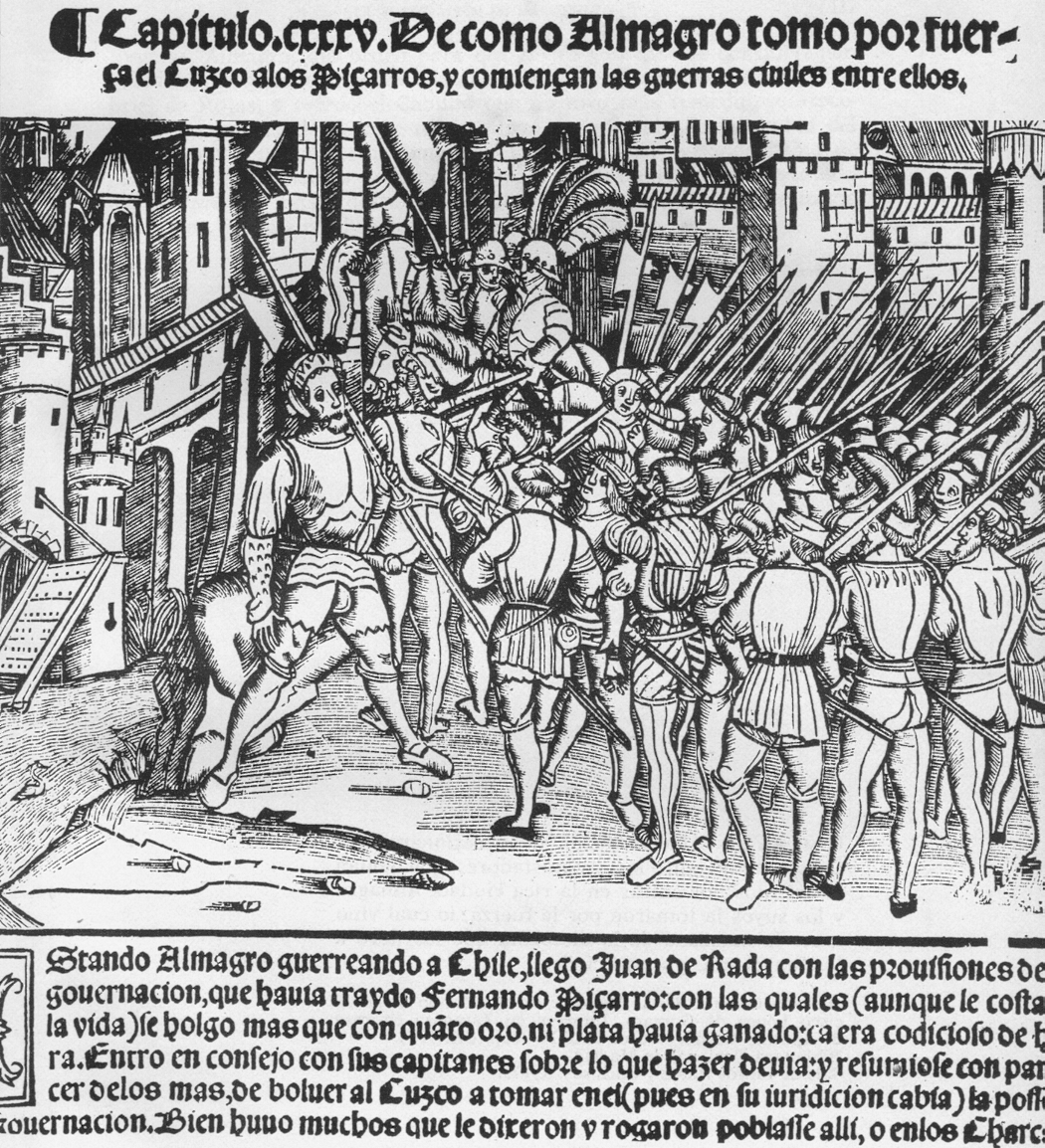|
Petrus Sutor
Petrus Sutor (French: Pierre Cousturier; c. 1480 – 18 June 1537) was a French theologian and Carthusian monk. Born in Chemere-le-Roy in the latter part of the 15th century, he earned a doctorate of theology at the Sorbonne in 1510 and then taught at the College of St. Barbe from about 1495 to about 1502. He later became a monk, entering the Carthusian order. Between 1514 and 1531, he was the prior of four Carthusian houses: Val-Dieu, Vauvert, Preize, and Notre-Dame-du-Parc. He was a follower of theologian Natalis Beda. In 1519, he was made governor of the Carthusians of Paris. Sutor is known for being an outspoken critic of Erasmus, Martin Luther, and Protestantism more generally. For example, in his 1525 work ''De Translatione Bibliae'' ("On the Translation of the Bible"), he vehemently opposed the translation of the Bible into vernacular languages while upholding the sufficiency of St. Jerome's Latin Vulgate. He "considered it sufficient that the people could recite ... [...More Info...] [...Related Items...] OR: [Wikipedia] [Google] [Baidu] |
Theologian
Theology is the study of religious belief from a religious perspective, with a focus on the nature of divinity. It is taught as an academic discipline, typically in universities and seminaries. It occupies itself with the unique content of analyzing the supernatural, but also deals with religious epistemology, asks and seeks to answer the question of revelation. Revelation pertains to the acceptance of God, gods, or deities, as not only transcendent or above the natural world, but also willing and able to interact with the natural world and to reveal themselves to humankind. Theologians use various forms of analysis and argument ( experiential, philosophical, ethnographic, historical, and others) to help understand, explain, test, critique, defend or promote any myriad of religious topics. As in philosophy of ethics and case law, arguments often assume the existence of previously resolved questions, and develop by making analogies from them to draw new inferences in ... [...More Info...] [...Related Items...] OR: [Wikipedia] [Google] [Baidu] |
Jerome
Jerome (; ; ; – 30 September 420), also known as Jerome of Stridon, was an early Christian presbyter, priest, Confessor of the Faith, confessor, theologian, translator, and historian; he is commonly known as Saint Jerome. He is best known for his translation of the Bible into Latin (the translation that became known as the Vulgate) and his commentaries on the whole Bible. Jerome attempted to create a translation of the Old Testament based on a Hebrew version, rather than the Septuagint, as Vetus Latina, prior Latin Bible translations had done. His list of writings is extensive. In addition to his biblical works, he wrote polemical and historical essays, always from a theologian's perspective. Jerome was known for his teachings on Christian moral life, especially those in cosmopolitan centers such as Rome. He often focused on women's lives and identified how a woman devoted to Jesus should live her life. This focus stemmed from his close patron relationships with several pro ... [...More Info...] [...Related Items...] OR: [Wikipedia] [Google] [Baidu] |
1537 Deaths
Year 1537 ( MDXXXVII) was a common year starting on Monday of the Julian calendar. Events January–March * January 1 – Princess Madeleine of Valois, the 16-year-old daughter of François I, King of France, is married to King James V of Scotland in a ceremony at the cathedral of Notre-Dame de Paris. Already in ill health at the time of the marriage, Madaleine lives only six more months before dying at the Holyrood Palace in Edinburgh on July 7. * January 6 – Alessandro de' Medici, Duke of Florence is assassinated by Lorenzino de' Medici, a distant cousin, who claims that he wants to reintroduce republican rule but has to flee to Venice. Instead Cosimo I of the junior branch of the Medici becomes the new duke. * January 16 – Bigod's Rebellion, an uprising by Roman Catholics, led by Francis Bigod against Henry VIII of England and Protestant Rebellion, begins with an unsuccessful attempt to seize Scarborough Castle in Yorkshire. * January 19 &nda ... [...More Info...] [...Related Items...] OR: [Wikipedia] [Google] [Baidu] |
16th-century Writers In Latin
The 16th century began with the Julian calendar, Julian year 1501 (represented by the Roman numerals MDI) and ended with either the Julian or the Gregorian calendar, Gregorian year 1600 (MDC), depending on the reckoning used (the Gregorian calendar introduced a lapse of 10 days in October 1582). The Renaissance in Italy and Europe saw the emergence of important artists, authors and scientists, and led to the foundation of important subjects which include accounting and political science. Copernicus proposed the Copernican heliocentrism, heliocentric universe, which was met with strong resistance, and Tycho Brahe refuted the theory of celestial spheres through observational measurement of the SN 1572, 1572 appearance of a Milky Way supernova. These events directly challenged the long-held notion of an immutable universe supported by Ptolemy and Aristotle, and led to major revolutions in astronomy and science. Galileo Galilei became a champion of the new sciences, invented the first ... [...More Info...] [...Related Items...] OR: [Wikipedia] [Google] [Baidu] |
Translation Theorists
Translation is the communication of the semantics, meaning of a #Source and target languages, source-language text by means of an Dynamic and formal equivalence, equivalent #Source and target languages, target-language text. The English language draws a terminological distinction (which does not exist in every language) between ''translating'' (a written text) and ''interpreting'' (oral or Sign language, signed communication between users of different languages); under this distinction, translation can begin only after the appearance of writing within a language community. A translator always risks inadvertently introducing source-language words, grammar, or syntax into the target-language rendering. On the other hand, such "spill-overs" have sometimes imported useful source-language calques and loanwords that have enriched target languages. Translators, including early translators of sacred texts, have helped shape the very languages into which they have translated. Becau ... [...More Info...] [...Related Items...] OR: [Wikipedia] [Google] [Baidu] |




